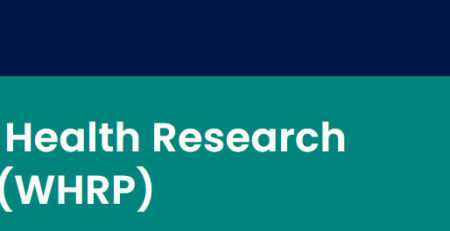Survey finds worrying gaps in GP contraceptive provision
A survey of more than 1,000 GPs across England has highlighted worrying gaps in contraceptive provision.
Just 2% of the 1,023 GPs from 914 practices questioned by FPA said they offer the full range of methods to patients, and more than half said there is not time in a standard contraception appointment to talk about the options.
FPA is calling for more choice in practices and wants to increase awareness of the different options available to women and men, to help them avoid unplanned pregnancy.
Chief Executive Natika H Halil said:
“Although we didn’t expect all GPs would offer all of the methods, we were shocked such a large majority said there were methods that they don’t prescribe.
“It is also worrying that, even when women have booked an appointment to specifically talk about their contraceptive needs, only 46% of GPs said they have time to go through their options.
“At the same time as we are seeing restrictions in what GPs offer, there are also public spending cuts to community sexual and reproductive health services. It makes us question where people can get the help they need if their local services don’t offer the methods which would be most suitable for them.”
Latest NICE guidelines state that women requiring contraception should be given information about, and offered, a choice of all methods, with GPs counselling women towards choosing the best option for their contraceptive needs.
There are 15 different types of contraceptives available, ranging from short-acting methods, to long-acting reversible contraception (LARC), and permanent contraceptive options like sterilisation. In FPA’s survey, the combined hormonal and progestogen-only pills were the only methods all GPs said they prescribe.
And, while 99% of practices sampled also administer the contraceptive injection, one of the LARC methods, others are not as routinely offered.
Of the GPs surveyed:
- One fifth (20%) said they do not offer the intrauterine device (IUD).
- One fifth (20%) said they do not offer the intrauterine system (IUS).
- Almost a quarter (23%) said they do not offer the contraceptive implant.
While LARC is more effective than the contraceptive pill, and NICE guidance suggests that increased uptake of long-acting methods would reduce unintended pregnancy and be most cost-effective for the NHS, provision throughout England is varied.
And among the GPs in a practice which doesn’t offer the IUD, IUS or implant, 44% said they did not expect prescription levels to change in the next year. Only 15% thought prescriptions will increase in the next year.
Reasons cited by GPs for LARC not being offered in their practice include lack of training qualifications and lack of funding.
GPs also highlighted the lack of time available to discuss contraception with patients in a standard appointment, with over half (53%) saying there isn’t enough time to talk about the options.
Dr Anne Connolly, GP and clinical lead for sexual health for Bradford and Airedale CCGs, said;
“Women should feel confident that they are receiving the most appropriate information and support when they book an appointment to discuss their contraceptive needs.
“Going into an appointment well informed about different options can help women to make the most of their 10-minute appointment.”
Other key findings:
- More than 1 in 10 (13%) GPs surveyed do not offer the contraceptive patch.
- More than two-fifths (44%) GPs surveyed do not offer the contraceptive vaginal ring.
- More than three-fifths (65%) of GPs surveyed do not offer diaphragms or caps.
- A large majority (89%) of GPs surveyed do not provide female condoms.
- Almost half (46%) of GPs surveyed do not provide male condoms.
- Almost 1 in 10 (9%) GPs surveyed do not refer for female sterilisation under the NHS.
- Only one in five GPs surveyed offer referral for natural family planning.




